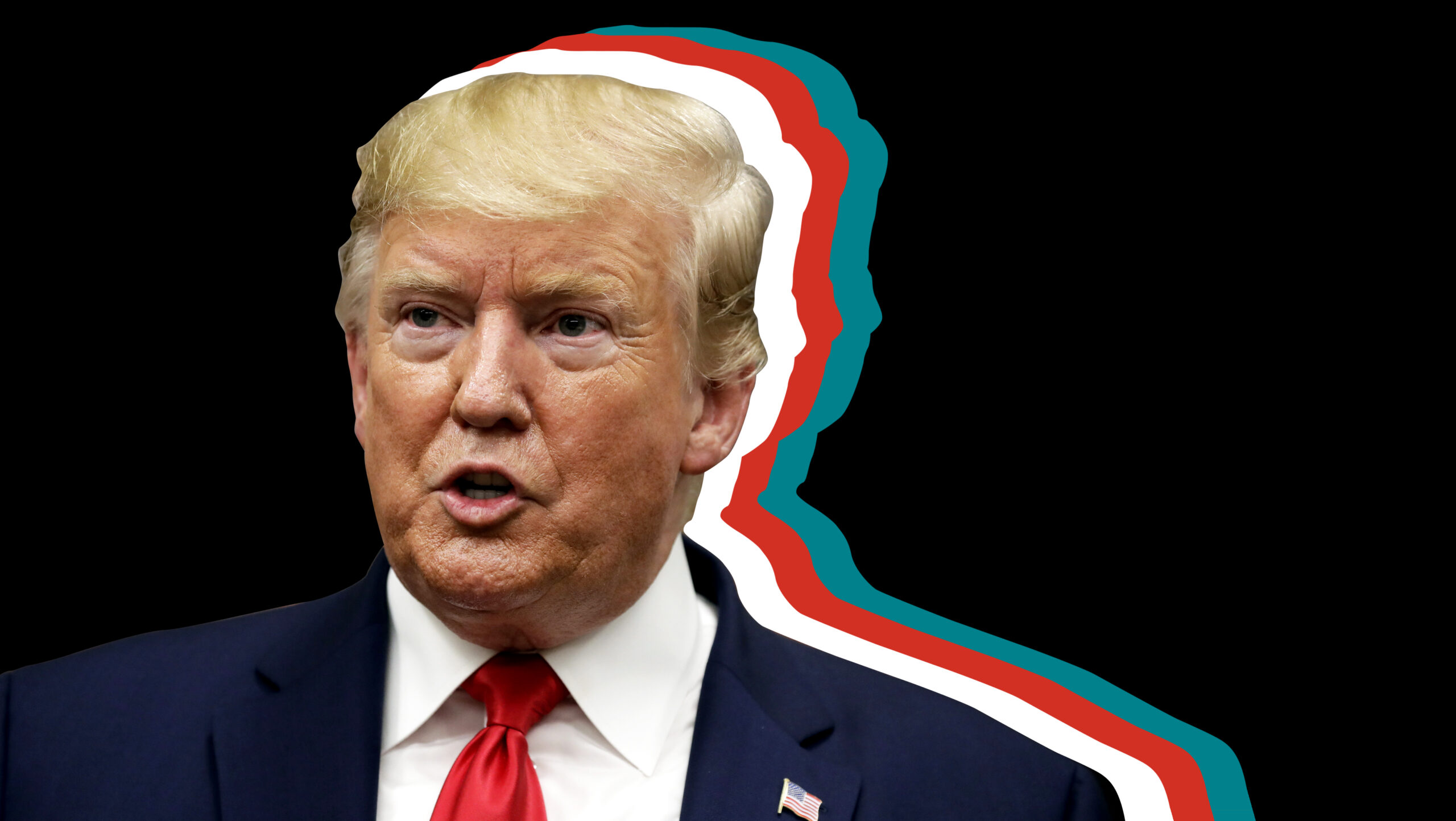To get Xtra Weekly in your inbox, subscribe here.
WEEKLY EXPLAINER
Some experts say there’s a link between US President Donald Trump’s rhetoric and the increase of hate crimes in the country.
Here’s the background Throughout his campaign and since his election, President Trump has made multiple racist, transphobic, anti-immigrant and otherwise hateful statements. From arguing that his government “cannot be burdened with the tremendous medical costs and disruptions” of trans people in the military, to his attacks on immigrants and visible minorities, to telling four congresswomen of colour that they should “go back” to where they came from, Trump’s rally speeches and tweets frequently target marginalized and vulnerable communities.
Over the last few months, Trump has claimed there’s an “invasion” of Latinx immigrants in the country — using the term two dozen times to describe the border crisis. Last week, after shooting and killing 22 people at a Walmart in El Paso, Texas, Patrick Crusius posted a manifesto that echoes Trump’s sentiments.
In the days since the shooting, Trump’s rhetoric and its relationship to rates of hate crime in the country has been thrust into the spotlight. The Federal Bureau of Investigation defines a hate crime as a criminal offence “motivated, in whole or in part, by the offender’s bias(es) against a race, religion, disability, sexual orientation, ethnicity, gender or gender identity.”
In its latest report released last year, the FBI said overall rates of hate crimes rose 17 percent in 2017 compared to 2016. Earlier this year, the Washington DC Police Department also released data that shows anti-LGBTQ2 hate crimes in the capital nearly doubled in 2018 compared to 2016.
In an interview with The Washington Blade, Monica Palacio, director of the DC Office of Human Rights, said, “I do think that the president of the United States has been very actively tearing down protections for the LGBTQ community, whether it’s in the military or whether it’s in employment.”
She said, “I personally, in my work, know that over the last 25 years when you have a national role model spewing homophobia, a lot is going to happen in the way people treat one another […] And it’s going to tear down that kind of common decency and sense of respect for people’s life choices.”
The Center for the Study of Hate and Extremism at California State University in San Bernardino has also analyzed hate crime data, including that from the FBI, which it has used to determine moments in history when hate crimes have risen.
For instance, hate crimes grew to 663 incidents nationwide in August 2017, the second-highest tally in nearly a decade. This was immediately after a neo-nazi in Charlottesville, Virginia struck and killed a protester with his car at the Unite the Right rally. In Trump’s response to the incident, he claimed, “there is blame on both sides.” Around the time of the US presidential election, hate crimes peaked with 758 incidents in November 2016.
In 2015, after a Muslim couple killed 14 people in San Bernardino, California, Trump, then a Republican presidential candidate, released a statement calling for “a total and complete shutdown of Muslims entering the United States until [the] country’s representatives can figure out what is going on.” Over the following 10 days, reported hate crimes against Muslims and Arabs spiked 23 percent.
A study from the University of North Texas also found that hate crimes increased by 223 percent in counties that hosted a 2016 Trump campaign rally compared to ones that didn’t.
So what does this all mean? In an interview with The Associated Press, University of North Texas professor Valerie Martinez-Ebers said, “I’m convinced now that political rhetoric of elites influences the behaviour of supporters […] This research confirms, at least in my mind, that the political rhetoric that’s happening today is influencing the American public’s actions.”
This sentiment is echoed by Brian Levin, the director of the Center for the Study of Hate and Extremism, in the same interview. Levin said, “We see a correlation around the time of statements of political leaders and fluctuations in hate crimes […] Could there be other intervening causes? Yes. But it’s certainly a significant correlation that can’t be ignored.”
Can progressive, inclusive language from leaders also have an impact on hate crimes? Looking at historical data, Levin said there have also been instances in history when a leader’s rhetoric reduced the rate of hate crimes.
For example, after the September 11, 2001, attack, hate crimes against Muslim people peaked. In a national address six days later, President George W Bush said, “The face of terror is not the true faith of Islam.” The next day, reports of anti-Muslim hate crime dropped by two-thirds.
For more LGBTQ2 news, subscribe to Xtra Weekly.



 Why you can trust Xtra
Why you can trust Xtra


